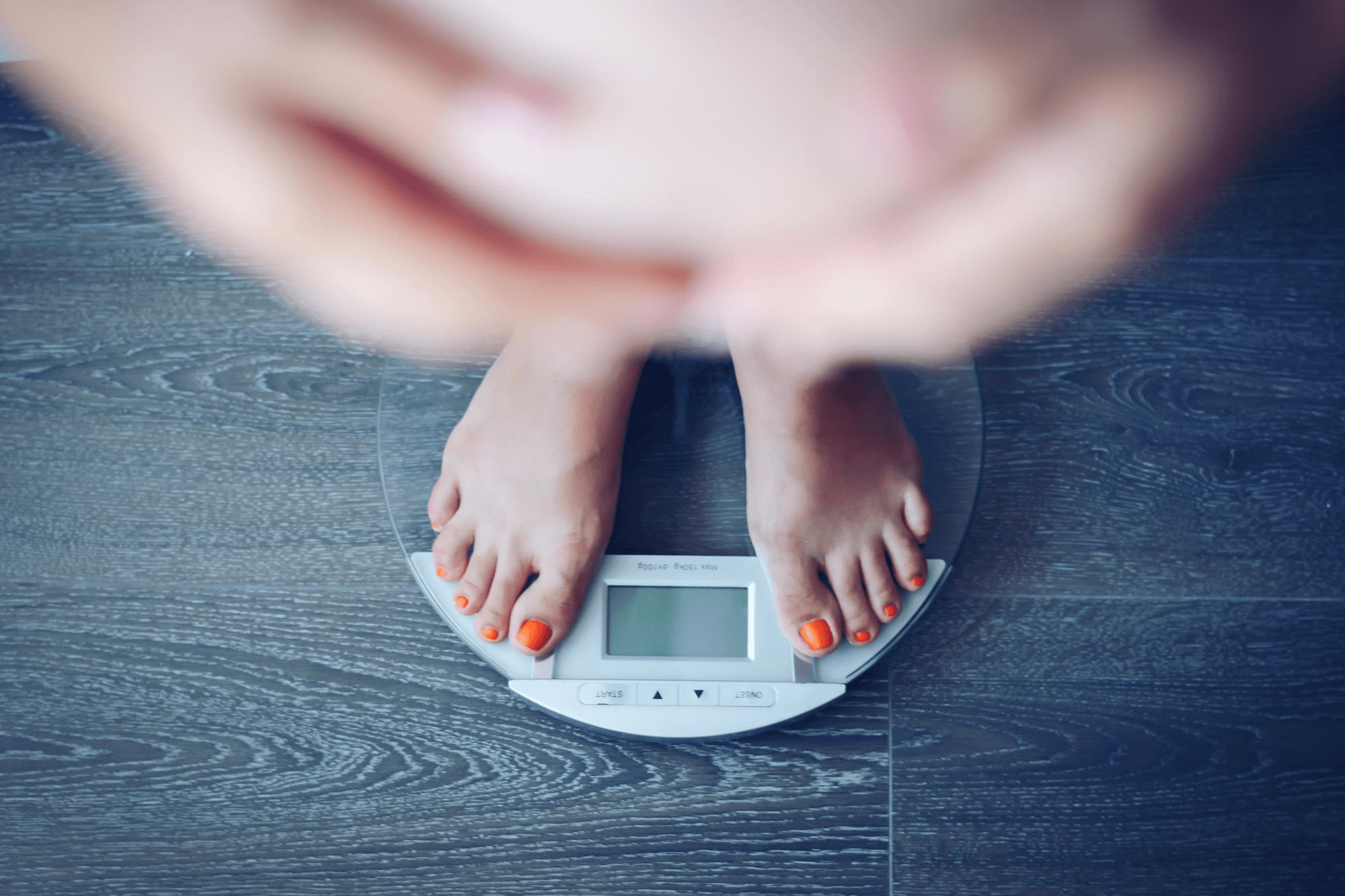Why You May Be Gaining Weight During Pregnancy Despite Not Eating A Lot

The phrase “I’m eating for two” is often heard by pregnant women, suggesting a license to eat freely. While this statement is partially true, it is also misleading. Your eating “partner” typically weighs less than 7 pounds. Gaining weight is essential during pregnancy, but nearly 48% of new moms exceed the recommended pregnancy weight gain.
Even if you think you’re eating healthily, gaining too much weight can still occur. Sudden or rapid weight gain in the first and third trimesters is common, even without significant dietary changes. Understanding the causes of this weight gain is crucial.
Why Am I Gaining So Much Weight During Pregnancy Even Though I’m Not Eating a Lot?
The optimal weight gain during pregnancy depends on your pre-pregnancy weight. According to the National Institutes of Health (NIH):
- Normal weight before pregnancy: 25 to 35 pounds
- Underweight before pregnancy: 28 to 40 pounds
- Overweight before pregnancy: 10 to 25 pounds
What Contributes to Pregnancy Weight Gain?
The weight you gain during pregnancy comes from various sources:
- Baby: 7-8 pounds
- Placenta: 1.5 pounds
- Amniotic fluid: 2 pounds
- Uterus: 2 pounds
- Breasts: 1-3 pounds
- Blood: 3-4 pounds
- Extra fluid: 2-3 pounds
- Fat stores: 6-8 pounds
Possible Causes of Rapid Weight Gain
Fluid Retention: Fluid shifts, especially water retention, are common. Drinking 64 ounces of water daily adds about 4 pounds of fluid that needs to be managed by your kidneys. Fluid retention around your ankles can also contribute to sudden weight gain.
Constipation: Increased estrogen and progesterone levels can cause constipation, leading to overnight weight gain.
Increased Blood Volume: Blood volume increases to meet the baby’s needs, causing weight gain.
Preeclampsia: Rapid weight gain after 20 weeks can indicate preeclampsia, a pregnancy complication characterized by high blood pressure and potential organ damage.
Gestational Diabetes: Weight gain from diabetes or gestational diabetes requires medical attention.
Also read: 20 Nutritious Snacks For Pregnant Women
Healthy Weight Gain During Pregnancy
First Trimester
Caloric Intake: About 1800 calories per day if you aren’t very active.
Weight Gain: 1 to 5 pounds.
Diet Tips: Focus on folate-rich foods like beans, seeds, whole grains, leafy greens, and fruits.
Second Trimester
Caloric Intake: About 2200 calories per day.
Weight Gain: 0.5 to 1 pound per week.
Diet Tips: Increase fluid intake to 3 liters per day and eat a balanced diet with proteins, vitamins, and minerals.
Third Trimester
Caloric Intake: About 2400 calories per day.
Weight Gain: 0.5 to 1 pound per week.
Diet Tips: Continue consuming healthy proteins and fats while avoiding high-sodium foods.
Maintaining a Healthy Weight During Pregnancy
- Stay Active: Engage in aerobic activities like walking, swimming, and cycling.
- Balanced Diet: Favor fruits, vegetables, and whole grains.
- Avoid Empty Calories: Skip alcohol and sugary drinks.
- Eat High-Fiber Foods: Prevent constipation with whole grains, raw vegetables, and fruits.
- Track Calories: Be mindful of your caloric intake.
- Avoid Junk and Processed Foods: These are often high in calories but low in nutrients.
- Sleep Well: Aim for 7-8 hours of sleep to regulate hunger hormones.
- No Dieting or Fasting: Avoid restrictive diets and fasting to ensure proper nutrition for your baby.
How a Prenatal Nutritionist Can Help
A prenatal nutritionist can assess your diet and help you maintain a healthy weight before and during pregnancy. They provide guidance on boosting essential nutrients like folate and managing dietary challenges.
Risks of Gaining Too Much Weight
- Gestational Diabetes: Increased risk if you gain too much weight.
- Birth Complications: Larger babies can lead to challenging births.
- Preeclampsia: High blood pressure and protein in urine can harm you and your baby.
- Discomfort: Excess weight adds strain to your body.
- Ultrasound Challenges: Excess fatty tissue can obscure ultrasound images.
- Premature Birth: High blood pressure or preeclampsia can lead to premature delivery.
For more information on maintaining a healthy diet during pregnancy, visit babyix.com and explore our resources.
By following these guidelines and consulting with healthcare professionals, you can manage your pregnancy weight gain effectively and ensure a healthy pregnancy.
Also read: Complications & Symptoms Of Not Eating Enough During Pregnancy: First Trimester & On






